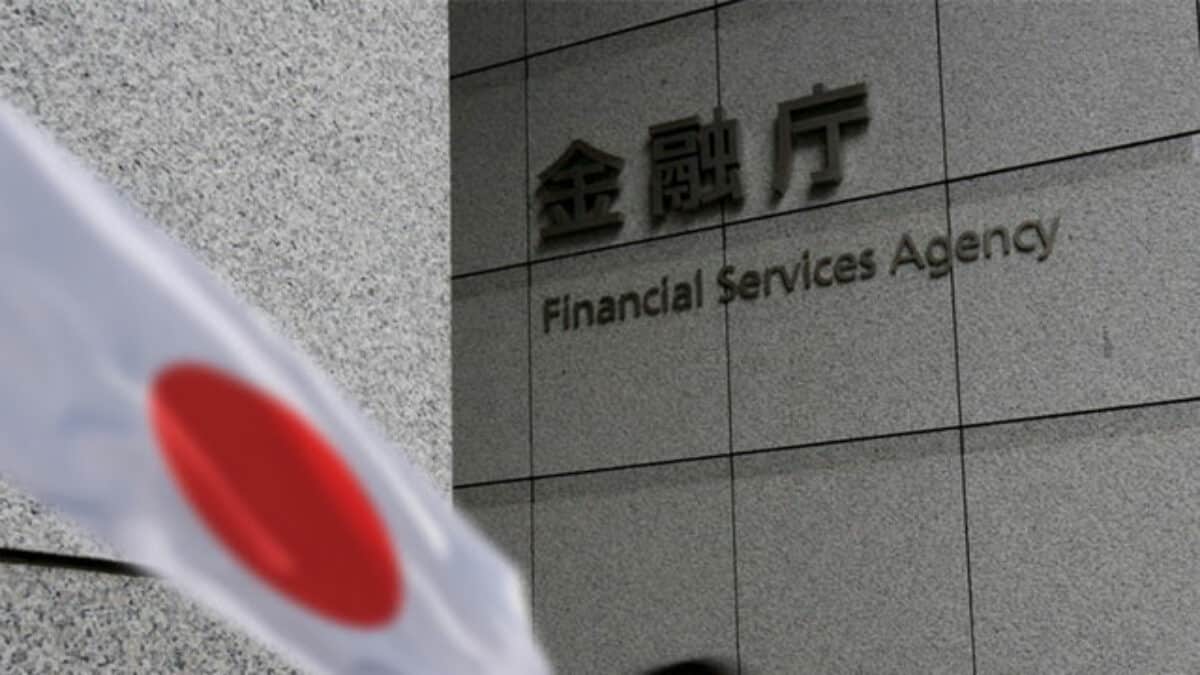The Canada Revenue Agency (CRA) has ramped up its tax audits, focusing on key financial areas such as HST builder audits, cryptocurrency transactions, foreign exchange gains, and undeclared offshore assets. With nearly 96,000 audits conducted last year, Canadian taxpayers—especially those involved in real estate, digital assets, and the platform economy—are under increasing scrutiny. If you earn from crypto trading, gig work, or foreign investments, it’s time to ensure your tax filings are accurate to avoid hefty penalties.
Why is the CRA Conducting More Audits?
The CRA has intensified its compliance efforts to crack down on tax evasion and improper reporting, particularly in sectors where financial transactions often go unreported. The agency is leveraging data-sharing agreements and advanced tracking technologies to detect discrepancies in income reporting. This means individuals who have previously underreported their earnings or failed to disclose foreign assets are now more likely to be audited.
HST Builder Audits: Are Real Estate Investors at Risk?
One of the primary areas under audit is HST (Harmonized Sales Tax) compliance in real estate. The CRA is targeting individuals who construct or substantially renovate properties but fail to remit the appropriate taxes. Many investors unknowingly qualify as “builders” under the Excise Tax Act, meaning they could owe substantial HST liabilities if they rent out the property instead of selling it.
Over the past year, the CRA conducted more than 2,270 audits on home construction GST/HST compliance, resulting in $209.4 million in penalties. If you’ve recently completed a real estate project, it’s critical to ensure your tax obligations are correctly reported to avoid financial repercussions.
Crypto Transactions: Can the CRA Track Your Digital Assets?
Many cryptocurrency investors mistakenly believe that digital assets exist outside of traditional tax regulations, but the CRA has made it clear that crypto earnings are taxable. Canadian exchanges are required to report transactions over $10,000 to the CRA, allowing tax authorities to monitor crypto-related income, including trading profits, mining rewards, and staking income.
According to tax expert James Bell, crypto investors who fail to report their transactions will eventually face audits. “The CRA has access to exchange data and blockchain records, so it’s not a matter of ‘if’ they find out, but ‘when,’” he warns. Those dealing in crypto should maintain detailed transaction records and report gains or losses properly to avoid fines.
Foreign Assets & Offshore Accounts: What You Need to Know
If you own foreign assets exceeding $100,000, you are legally required to file Form T1135 (Foreign Income Verification Statement). However, many taxpayers remain unaware of this requirement, leading to costly penalties.
The CRA has enhanced its ability to track offshore financial accounts through international tax treaties. Failing to disclose overseas investments could result in multiple penalties, even if you owe no taxes. If you have offshore bank accounts, real estate, or foreign securities, ensure all reporting obligations are met to stay compliant.
Gig Workers & Online Income: A Growing Target
The CRA is also paying closer attention to self-employed individuals in the digital economy, including:
- Rideshare drivers (Uber, Lyft, etc.)
- Social media influencers and content creators
- Freelancers and e-commerce sellers
To address underreported income, the CRA has launched the Assisted Compliance Program, which educates digital workers on their tax obligations before enforcing penalties. If you earn through online platforms, keeping accurate records and filing self-employment taxes correctly is crucial.
How to Stay Ahead of CRA Audits
To avoid the stress of a tax audit, Canadian taxpayers should:
✔ Maintain detailed records of all financial transactions, including crypto trades, foreign assets, and gig economy income.
✔ Ensure compliance with HST regulations, especially in real estate investments.
✔ Report all digital income sources, including social media earnings and online sales.
✔ Consult a tax professional if unsure about tax obligations.
With audits increasing, now is the time to review your tax filings and ensure full compliance. The CRA’s crackdown signals a warning—if you’re earning in crypto, real estate, or digital platforms, you’re on their radar.

